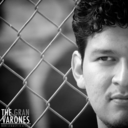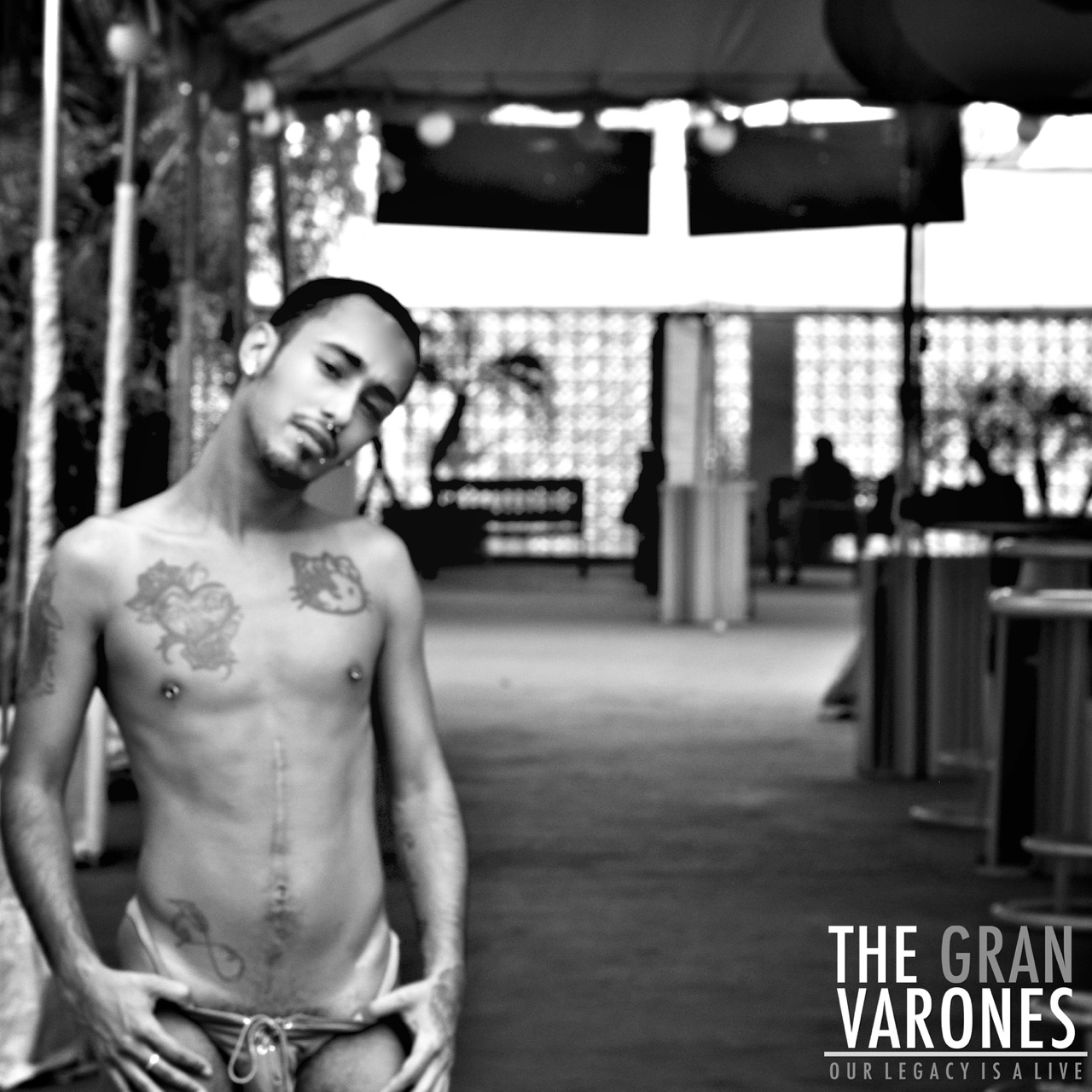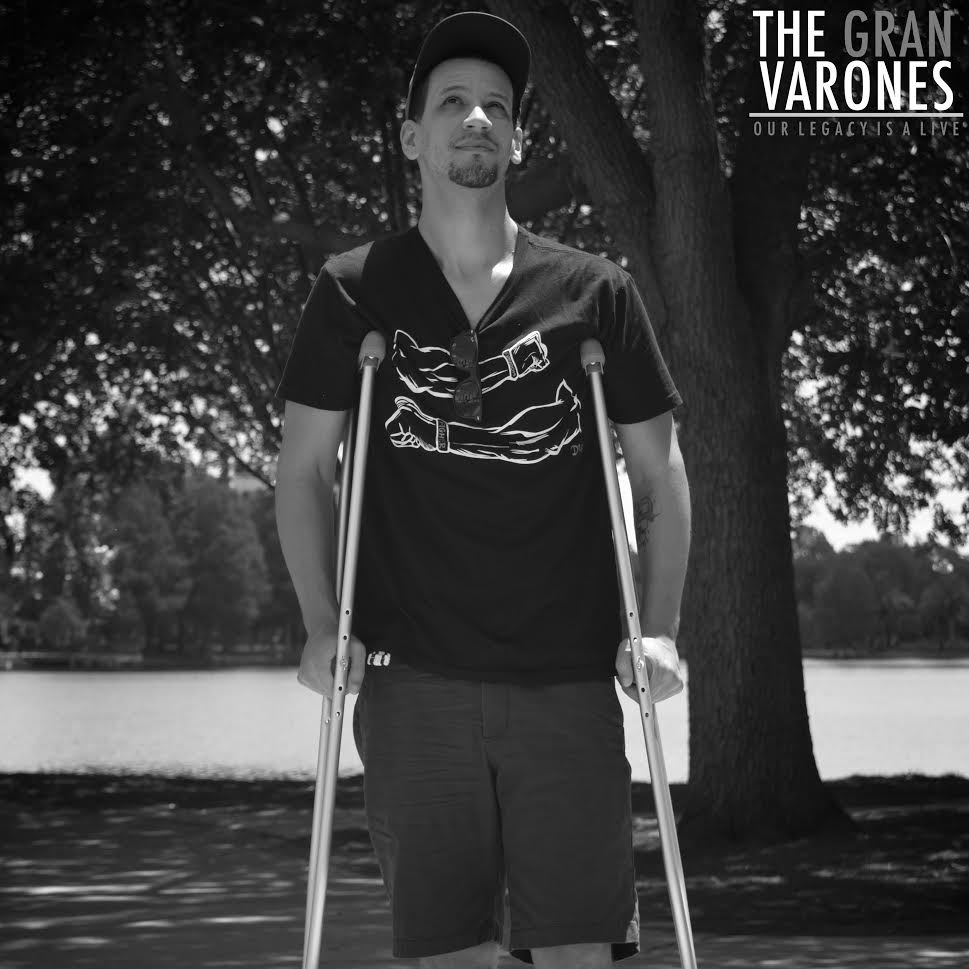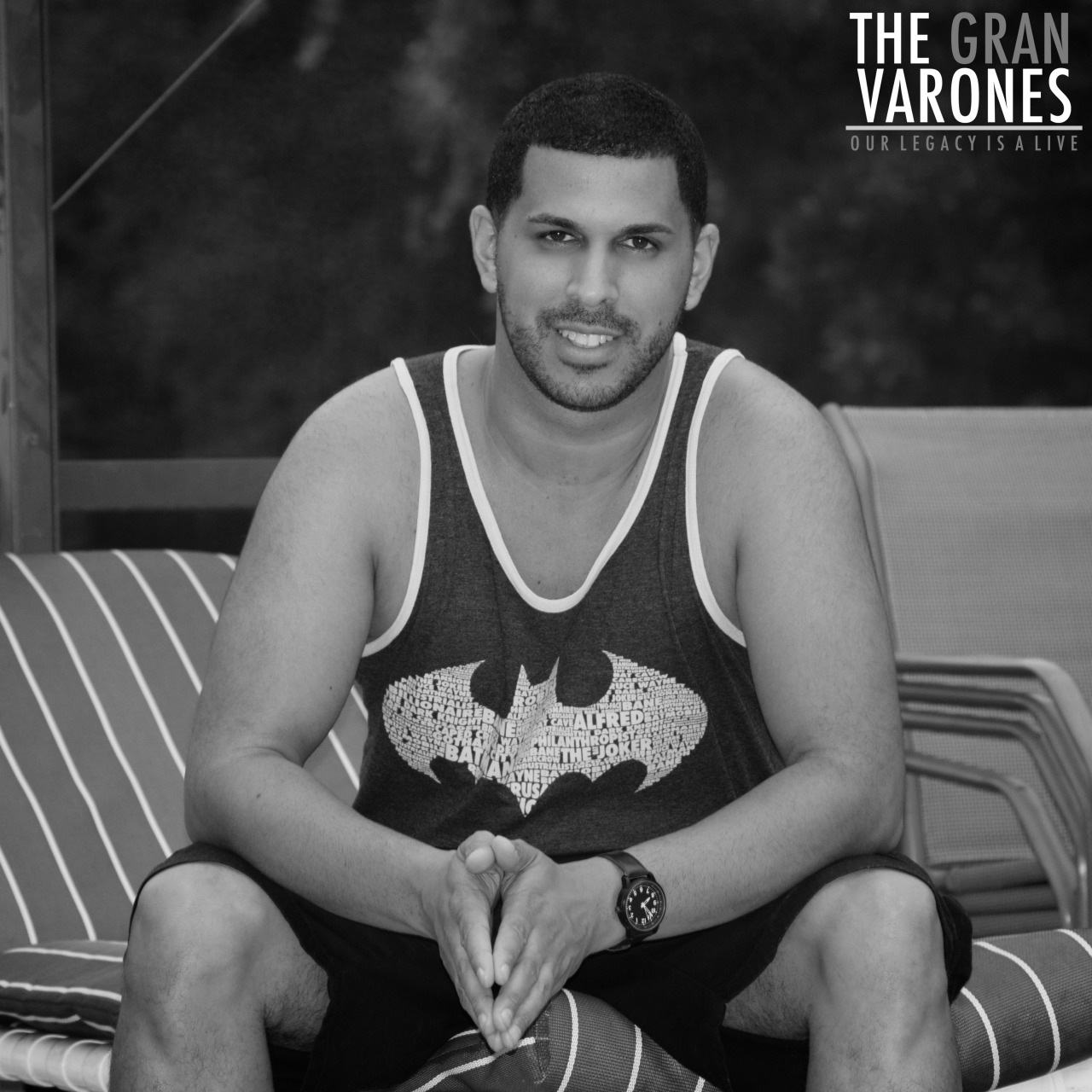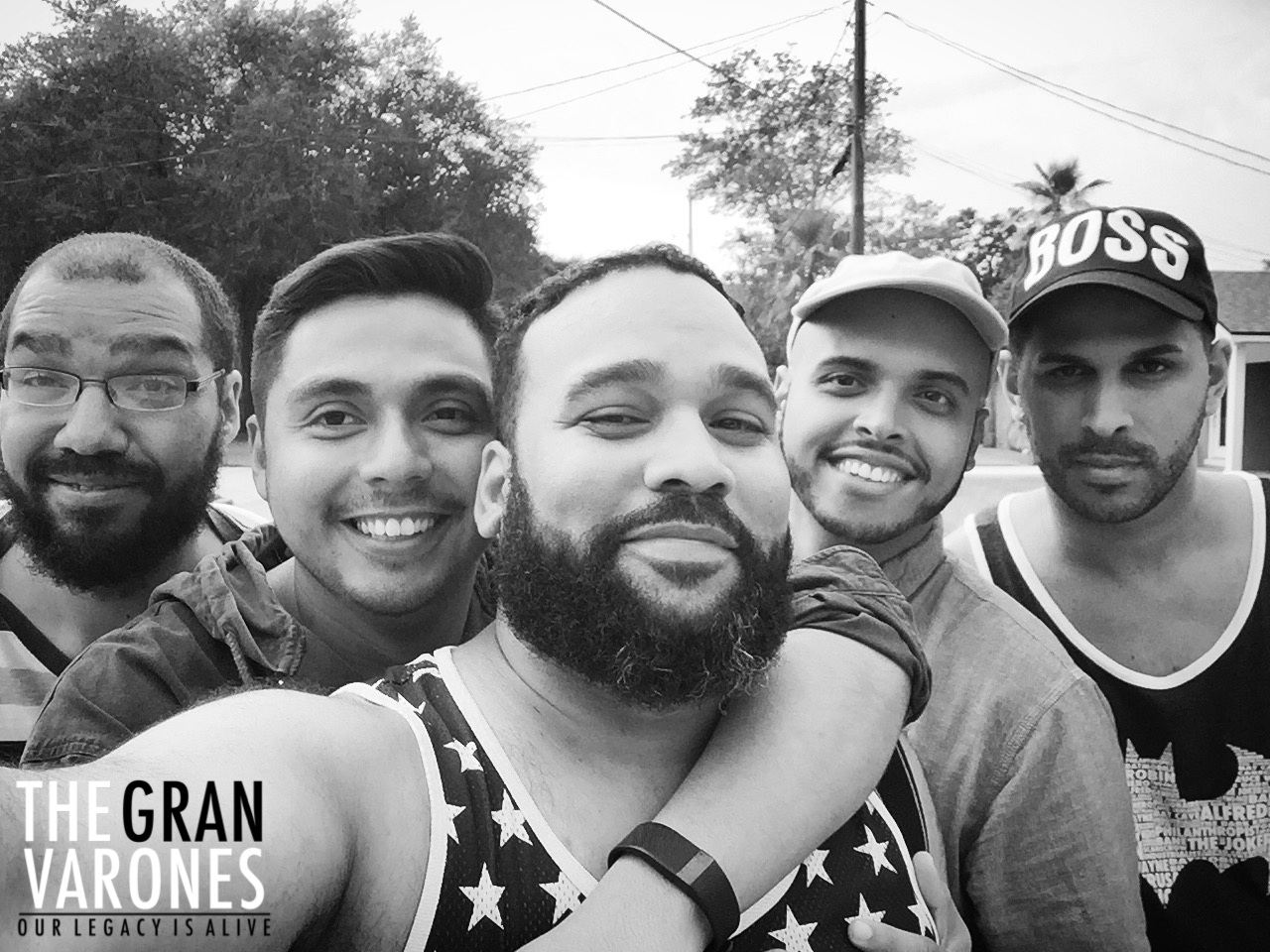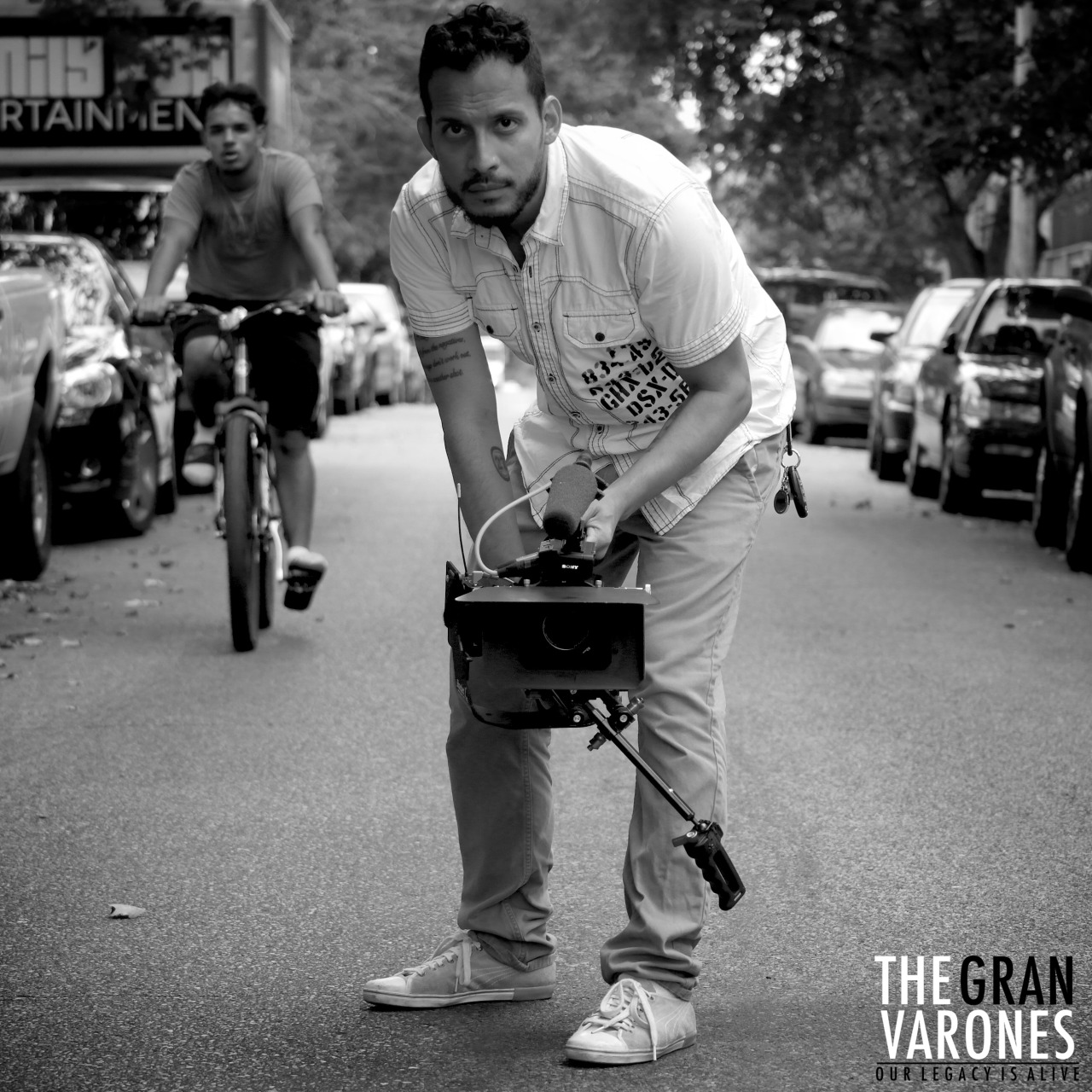PREFACE:Polls reported that
Trump supporters have less formal education and the read on that is that
ignorance leads people to Trump. I kinda bought that story until I did this interview.
I’ve known Bryant for
years now. In this interview, which took place in a car between fast food
joints on his way home, he is at a moment of uncharacteristic candor. The
conviction here is not unusual in and of itself except in the anger and
bitterness that he expresses. Ask him about Apple vs Android phones or
McDonald’s vs Burger King and he’ll break it down for you with a playful candor
that I love and admire.
When it came out that
he was supporting Trump and his stance on immigration, I was shocked and
intrigued. I asked and he agreed to an interview. In my preparations — in my
arrogance — I am ashamed to admit that it simply did not cross my mind that a
friend of mine would have a “good” reason for supporting Trump. At
first, I thought he was kidding and was ready to test him. And I think he knew
that. A man who always gets a little theatrics for cameras got shy for my recorder
worried that he’s not going to “sound smart.”
That’s despite the
fact that I certainly don’t feel any smarter than Bryant, I have received a lot
more education than he has and much of it was fairly fancy. While being
educated and being smart are certainly not one in the same thing, liberals — maybe
even me too — more or less treat the two like they’re interchangeable.
In that difference,
there are problems, things that limit people’s speech. Like, I never have to
worry about sounding stupid when I open my mouth, even when I am saying
something really stupid or unpopular. Like, I could get away with saying that I
support Trump by saying, “I hate him, but I’m using my vote to register my
protest for the corporate corruption of American politics and my disaffection
for liberal political leadership.” Extra credit if I drop the word “nepotism.”
Is that really better
than what Bryant cites as his reasons? Paraphrasing, he has problems with Cuban
expatriates. He’s against the Wet Foot
Dry Foot policy that grants Cuban expatriates immediate refugee status. Can
you imagine my shock when I found myself agreeing with him? And I am Cuban! He’s
speaking to a real tension that exists between Cuban Americans and other
Latinos in America, one that doesn’t get discussed much publicly, especially
here in Miami. We had two anti-immigrant (or let’s be honest and call it
anti-Latino immigrant) Latinos running for president as Republicans and that’s
all you need to know to know that their families are from Cuba. In the large
shadow cast by Trump hides the fact that Latinos weren’t really voting for them
either.
And now I’m stuck
wondering why I’m so shocked that Bryant would touch on these issues that are
important to me. We’re both children of immigrants living in Miami. I just
assumed that he was wrong because he said, “Trump.” Did I figure that because
he didn’t have a fancy political education, he couldn’t have any nuanced
reasons for supporting Trump?
And since education
clearly isn’t the issue here, I’m forced to deal with the fact that support for
Trump probably has more to do with people feeling politically disenfranchised,
which is a problem that’s not helped by being yelled over and called an
ignorant race traitor.
If I learned anything
from this interview, it’s that we should avoid discounting people’s
perspectives, feelings and even opinions because of their education. We need to
listen to people even when they surprise us, perhaps especially when they do. Otherwise,
we’re using the politics of respectability to silence our own while the same
politics are used to against us.
We’re giving people
more reasons to support Trump.
Or worse.
THE INTERVIEW:
Bryant: I’m worried I’ll be shy, you
know? Like, I don’t know if I’d sound smart in the interview.
Santi: You don’t have to sound
smart. There is something that’s going on in America, which is baffling a lot
of people, a lot of smart people do not understand what is so attractive about
this guy and you do understand.
Bryant: [Laughs] It’s not the hair.
Santi: [Laughs] Right! He’s really
repulsive to a lot of people, especially people on the left, who think he’s
racist, who think the only people who he’s going to get are angry, white and in
middle America. And that’s not you and that’s not here.
Bryant: You don’t believe in him
because he was on TV?
Santi: I don’t believe in anybody.
Bryant: [Laughs] You think Hilary
could do a good job?
Santi: I’m sure they all could do
“a good job” and I’m even more sure that in the end, they’ll
disappoint me.
Bryant: [He gets a call from his
boyfriend, who I later find out is voting for Hilary Clinton.]
Santi: Where are your parents from?
Bryant: My mom is from Honduras and
my dad was from Costa Rica. He passed away about ten years ago.
Santi: So they immigrated here.
Bryant: I know where this is going.
About closing the borders. And I think they should close them. My mom is
obviously not from here. There’s way too much people for the population. A lot
of people criticize when they come to the United States. [In a mocking, whiny
voice] “Why is this like this and this like that?”
Santi: Does your mom do that?
Bryant: My mom actually doesn’t do
that, but my mom thinks that she’s still in her country.
Santi: What about our other friends
who immigrated here?
Bryant: I don’t know. Like what
friends? Like [a mutual friend of ours]? That’s a good example. He doesn’t
really talk like that. He’s pretty smart. As friends-wise, closing the border,
that would be sad, of course, but obviously the people that are here, are here.
The people who need to come in, we should close the borders, because the
population is growing too big. It’s just ridiculous.
Like I don’t know about this Marcio
Rubio or whatever guy, I don’t know about him too much, because I really didn’t
look at details. But I would close the borders because everybody does
everything what they want. And the people that are actually innocent are most
of the time guilty. I mean the bad people are the ones that get away with stuff
and the good people are the ones that get busted.
Santi: Do you know anyone who does
not have “papers?”
Bryant: A lot of people at my
job.
Santi: What’s it like working
there?
Bryant: I feel like it’s a lot of
Cubans. It’s not that I think like you should discriminate. But I feel like
it’s favoritism at my job. That’s why I haven’t been promoted to manager.
Santi: Who gets favoritism?
Bryant: As an example, [name
muffled] is a good example. He’s Cuban. He’s got no papers. He says that he
told me a story that he came swimming—or something like that—in a boat to the
United States. He says that they caught him, put him in jail, but he did it a
few times and basically they came here to Miami. But everybody at my job talks
way bad about the United States.
Santi: But I’m confused. I thought
that Cubans who come here automatically get refugee status from the Wet
Foot-Dry Foot policy.
Bryant: I don’t really think that
should be possible. Donald Trump in one of his interviews said that he would
increase the safety of the United States by increasing the steps of how you
become a citizen.
Santi: You think that should be
applied to Cubans?
Bryant: I think that should be
applied to everyone.
Like one thing that bothers me. A
lot of people ask me, “Why don’t you talk in Spanish?” And I’m like,
“I’m sorry, this is the United States. I was born here. If you were born
here, you should speak English.” I know it’s hard. A lot of Cuban people
at my job are still learning English, but that doesn’t mean that they should
become managers. Because if they become managers and don’t speak English,
obviously, right there, something is wrong.
Santi: So you think the reason you
haven’t been promoted to management is because of
Bryant: Oh, it’s favoritism. Because
the thing was when I started, I’ve been there 10 years and everyone keeps
asking me, “Oh Bryant, why aren’t you a manager? Blah, blah, blah,
blah.” And I’m like, “Oh listen, this person likes this other person
and that person likes that other person and whenever I say something, it’s
like, ‘Bryant, why do you talk like that?’” Cause it’s the truth!
I think they should learn English
first before doing the test to become a citizen. Because if Chinese people can
do it, anybody can learn English, you know?
It’s ridiculous how so many people
in the United States have good jobs and yet the American people, some of them
don’t have good jobs. I just feel like people—specifically Cubans—they just
come here, they have a lot of money, and they have these Mercedes, the best
jobs and everyone else gets shit, basically. You have to know people,
basically.
Bryant, Miami
Interviewed & Photographed by: Santi
Santi hates that the day has only 24 hours, a week only seven days. He has never had a summer that fit between spring and fall, a weekend that fit properly in those 48 hours. He’s said that the greatest crime ever committed was sending a child to bed when the sun still lit the summer sky. He’s recently moved to Miami where he freelances photography, videography and helps take care of his abuelo who fifty years later still longs for his home back in Santiago de Cuba. Santi started chanting “Si, se puede!” in 2006, and kept chanting until 2008 when it turned into an Obama thing. He’s been looking, off and on, for other chants ever since.
